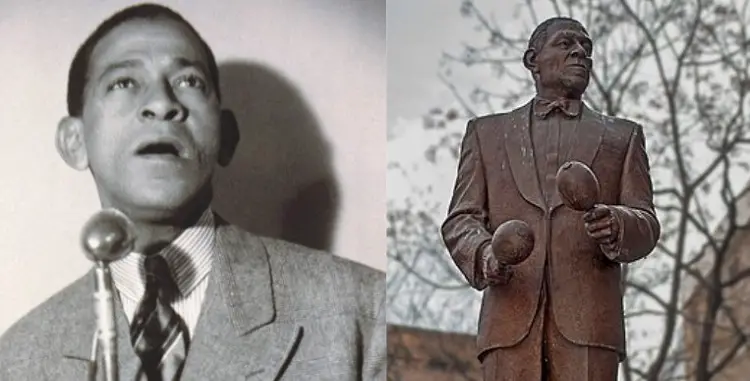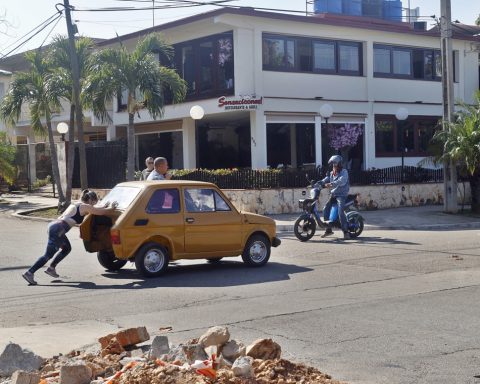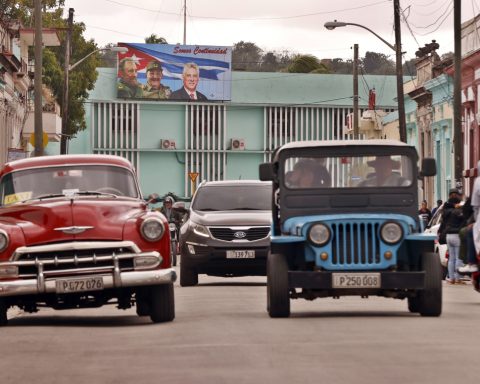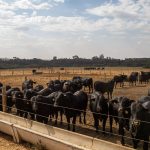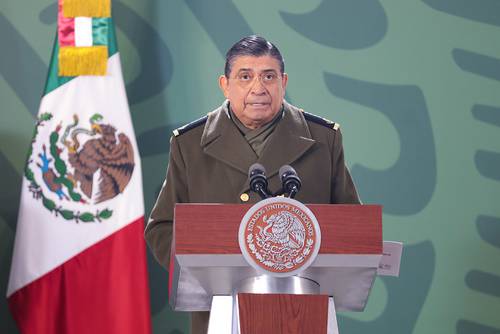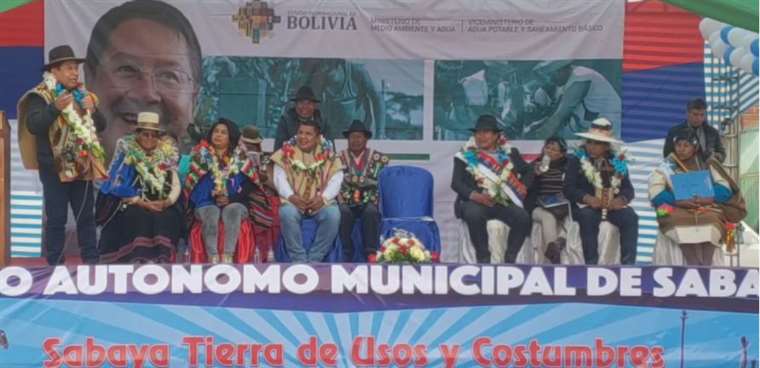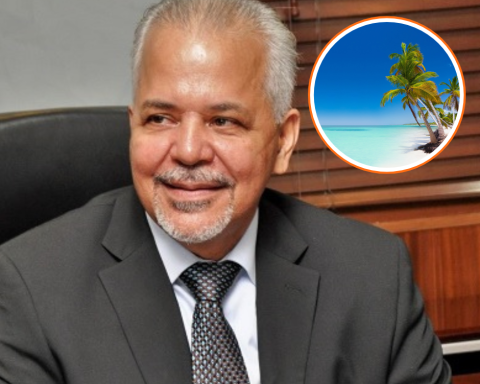MADRID, Spain.- Son of the Spaniard living in Cuba José Lugo Padrón and the Afro-Cuban Leoncia Machín, Antonio Abad Lugo Machín, known in the world of Spanish-Cuban music as Antonio Machín, was born in Sagua La Grande on February 11, 1903.
Among many other hits, he left his great interpretations of songs like “Dos gardenias”, “El manisero” and “Angelitos negros” for history.
From a young age he showed a vocation for music and alternated various trades, such as bricklayer work, with singing in church, theaters and during silent film screenings in his city.
After moving to Havana in 1926, he began to perform as a soloist in cafes in the capital along with the guitarist Miguel Zaballa. The rapid popularity they achieved made them begin to be hired by the Havana bourgeoisie.
At this time he was hired by Justo Ángel Azpiazú as second singer in his orchestra. With them he performed at the National Casino in Havana, becoming the first black singer to appear in this place, which had a mostly racist audience.
Nicknamed “the king of the bolero”, in 1930, the year he traveled to New York accompanied by this orchestra, he recorded his album The manisero for a northern city company. This was the first millionaire success in sales of Cuban music.
During six years in New York he became well known on stage, was part of various groups and recorded numerous titles. In 1936 he traveled to Europe and in Paris he created the Antonio Machín group and his Orchestra, with Moses Simons at the piano.
In 1939, in the midst of World War II and when the Germans were approaching France, he settled in Spain, where he lived until his death in 1977. There he married and also enjoyed great fame.
In April 1982, a great concert was held in his honor at the Palacio de los Deportes in Barcelona. And in December 2006 a statue to remember him was inaugurated in the city of Seville. Antonio Machín is buried in the San Fernando Cemetery in Seville.
